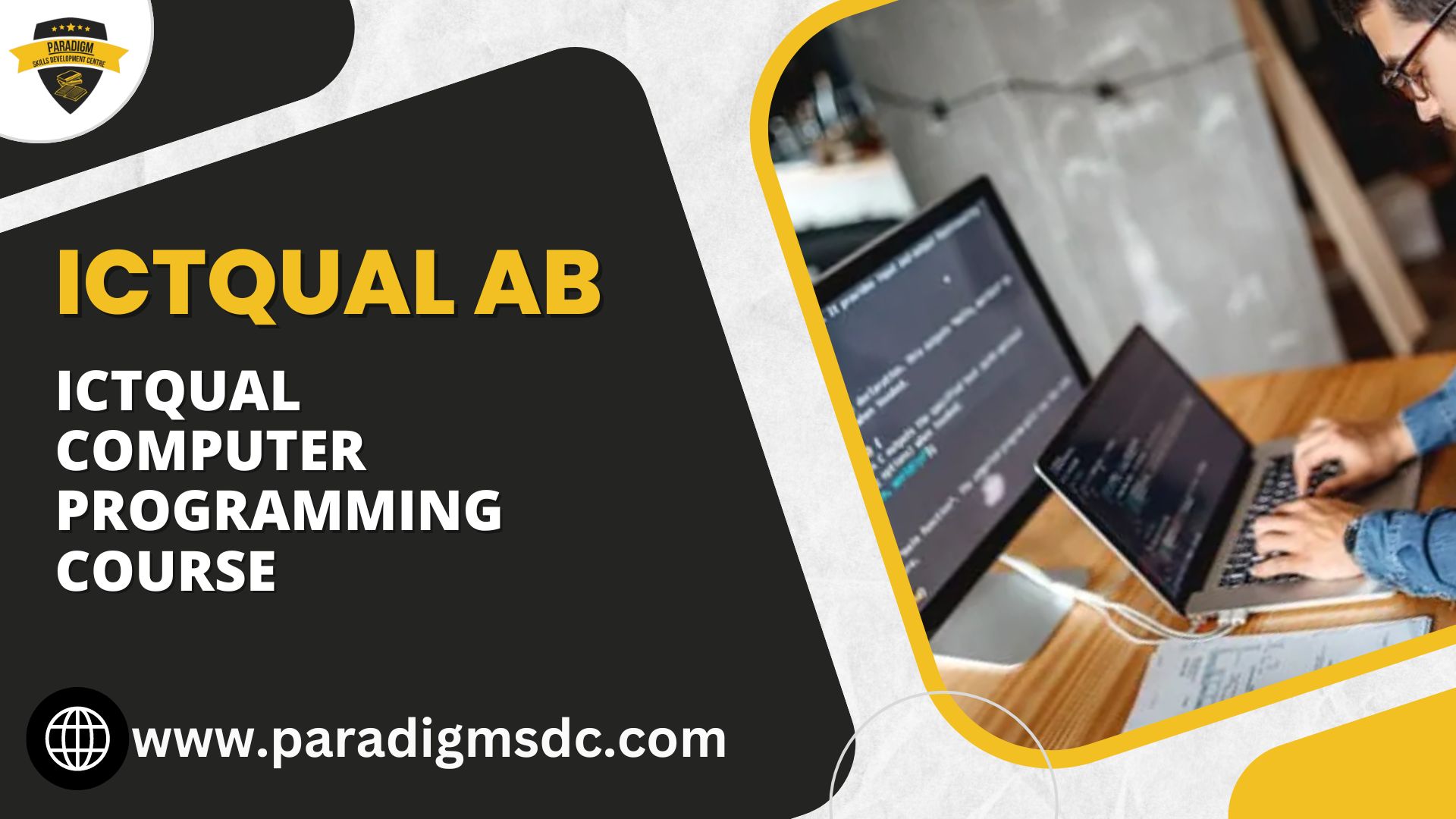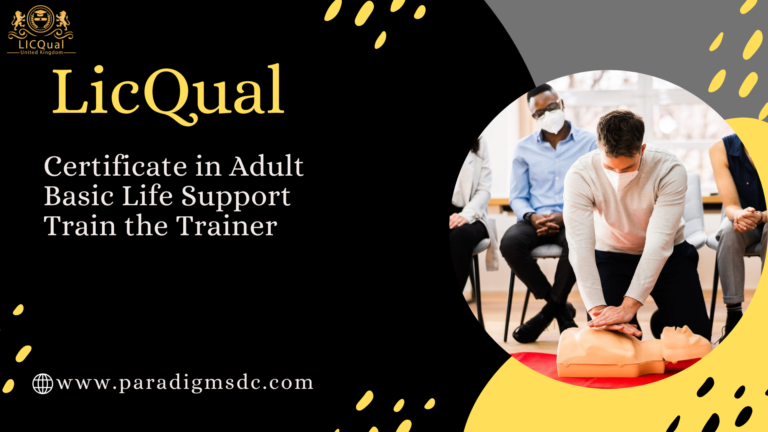Course Introduction
The ICTQual Computer Programming Course is designed to equip aspiring programmers with the foundational skills and knowledge needed to excel in the ever-evolving field of software development. Whether you’re a complete beginner or looking to enhance your existing skills, this course offers a comprehensive curriculum that covers essential programming concepts, languages, and best practices.
Course Overview
The ICTQual Computer Programming Course is structured to provide a balanced mix of theoretical knowledge and practical experience. Through hands-on projects, interactive lessons, and real-world scenarios, students will learn to develop, test, and maintain software applications. The course is divided into several modules, each focusing on a specific aspect of computer programming, ensuring a well-rounded education.
Course Study Units
- Introduction to Programming Concepts
- Programming Languages and Syntax
- Data Structures and Algorithms
- Object-Oriented Programming (OOP)
- Web Development Fundamentals
- Database Management Systems (DBMS)
- Software Development Lifecycle (SDLC)
Learning Outcomes
Upon completing the ICTQual Computer Programming Course, students will be able to:
Introduction to Programming Concepts:
- Understand fundamental programming concepts such as variables, data types, and control structures.
- Apply problem-solving techniques to break down complex problems into manageable tasks.
- Develop basic programming skills to write and execute simple programs.
2. Programming Languages and Syntax:
- Gain familiarity with different programming languages and their syntax, including high-level languages like Python, Java, and C++.
- Demonstrate proficiency in writing and interpreting code snippets in selected programming languages.
- Understand language-specific concepts such as loops, conditionals, functions, and error handling.
3. Data Structures and Algorithms:
- Understand common data structures such as arrays, linked lists, stacks, queues, trees, and graphs.
- Apply basic algorithms for searching, sorting, and manipulating data efficiently.
- Analyze the time and space complexity of algorithms to evaluate their efficiency.
4. Object-Oriented Programming (OOP):
- Understand the principles of object-oriented programming (OOP) including classes, objects, inheritance, polymorphism, and encapsulation.
- Design and implement object-oriented solutions to programming problems using appropriate language features.
- Develop reusable and maintainable code by applying OOP principles and best practices.
5. Web Development Fundamentals:
- Understand the structure of web pages and the role of HTML, CSS, and JavaScript in web development.
- Develop interactive and responsive web applications using front-end technologies.
- Gain familiarity with web development frameworks and libraries for building dynamic web applications.
6. Database Management Systems (DBMS):
- Understand the principles of database management systems (DBMS) and relational database concepts.
- Design and implement relational databases using SQL (Structured Query Language).
- Develop database-driven applications to store, retrieve, and manipulate data efficiently.
7. Software Development Lifecycle (SDLC):
- Understand the phases of the software development lifecycle (SDLC) including requirements analysis, design, implementation, testing, deployment, and maintenance.
- Apply software development methodologies such as waterfall, agile, and DevOps to manage software projects effectively.
- Collaborate with team members to plan, execute, and deliver software projects on time and within budget.
These learning outcomes are designed to equip participants with the knowledge, skills, and abilities necessary to excel in various aspects of computer programming, including problem-solving, software development, web development, and database management.
Course Benefits
- Comprehensive Curriculum: Gain a broad understanding of essential programming concepts and technologies.
- Hands-on Experience: Engage in practical projects that mirror real-world programming challenges.
- Industry-Relevant Skills: Learn skills that are in high demand in the tech industry.
- Flexible Learning: The course is designed to accommodate both full-time students and working professionals.
- Certification: Receive an ICTQual certification upon completion, which can enhance your resume and job prospects.
Who is this Course For?
- Beginners: Individuals with no prior programming experience who wish to start a career in software development.
- Professionals: Working professionals looking to enhance their skills or switch to a programming role.
- Students: College students who want to supplement their academic learning with practical programming skills.
- Tech Enthusiasts: Anyone with a passion for technology and a desire to learn how to create software.
Future Progression
After completing the ICTQual Computer Programming Course, students can:
- Pursue advanced certifications in specialized areas such as web development, mobile app development, or cybersecurity.
- Enroll in degree programs in computer science or related fields.
- Apply for entry-level positions such as Junior Developer, Software Tester, or IT Support Specialist.
- Advance to more senior roles in software development with further experience and education.
- Continue learning through additional ICTQual courses to stay updated with the latest technologies and trends.
The ICTQual Computer Programming Course offers a solid foundation for anyone looking to start or advance their career in the dynamic field of software development. With its comprehensive curriculum, practical focus, and flexible learning options, this course is an excellent investment in your future.







